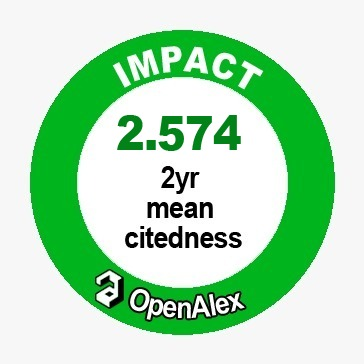The Influence of LMX and TMX on Employee Attitudes and Performance Moderated by Individual Differences
Downloads
Purpose: Individual differences as dispositional factors influencing attitudes and behaviors in the workplace are still in need of further exploration. Therefore, this study aimed to examine employee engagement (WEN) as a mediator in the relationship between leaders and subordinates (LMX) as well as team-member exchange (TMX) on out-of-role performance (OCB). It also analyzed how factors such as gender, organizational position, tenure, and education acted as moderators in the relationship model.
Methods: A total of 500 employees from small and medium enterprises (SMEs) including both leaders and operational employees participated in this study. The validity and reliability of the questionnaire were also assessed using exploratory and confirmatory factor analysis as well as internal consistency measured by Cronbach's Alpha. Furthermore, structural equation modeling was adopted to examine the proposed relationship model.
Findings: The results consistently found that WEN mediated the influence of social exchange in the organization on employee attitudes and performance. Gender, organizational position, and tenure were found to be moderating variables while education showed no significant moderating influence. A detailed discussion of the results was presented in this study.
Research Implications/Limitations: This study strengthens the evidence that individual differences play a role in determining how relationships with leaders and coworkers affect attitudes and work outcomes. Research with longitudinal data and other assessments can further prove the mediation model.
Practical Implications: Companies need to pay attention to individual differences of their employees. LMX and TMX may affect employees' work attitudes and performance differently because of these differences.





